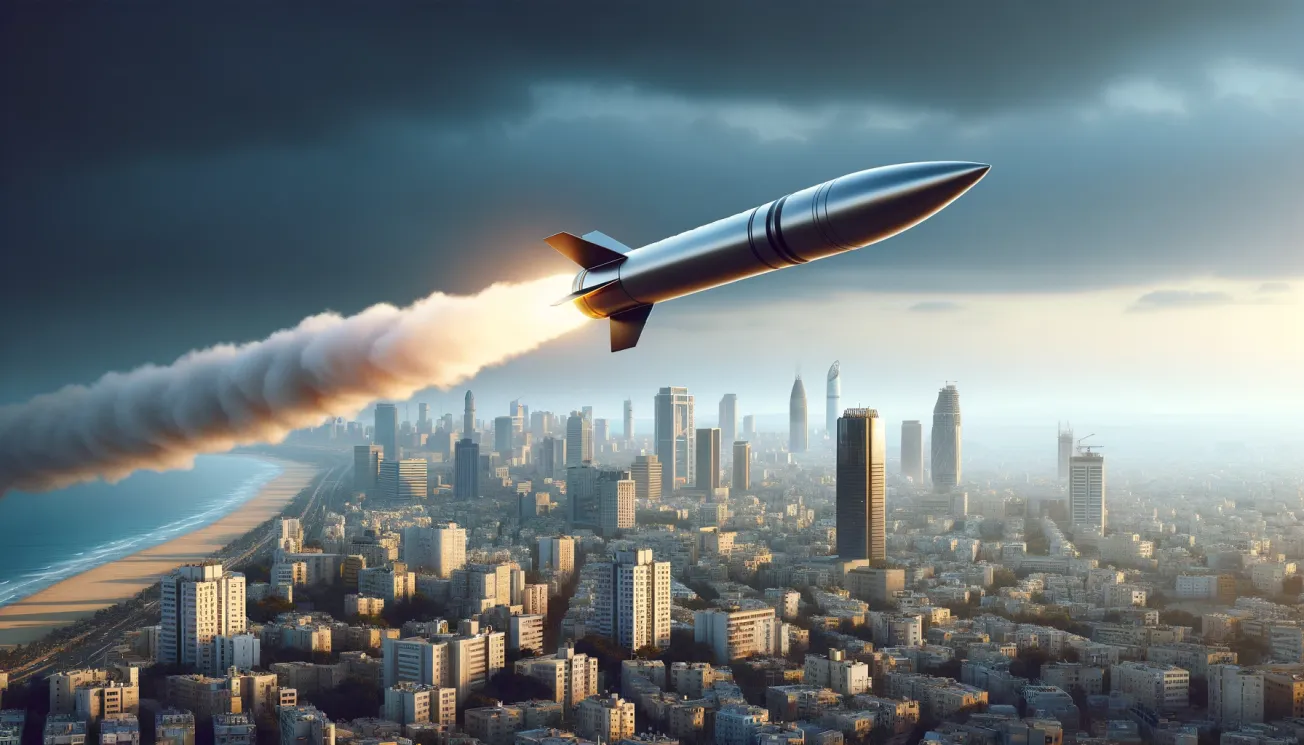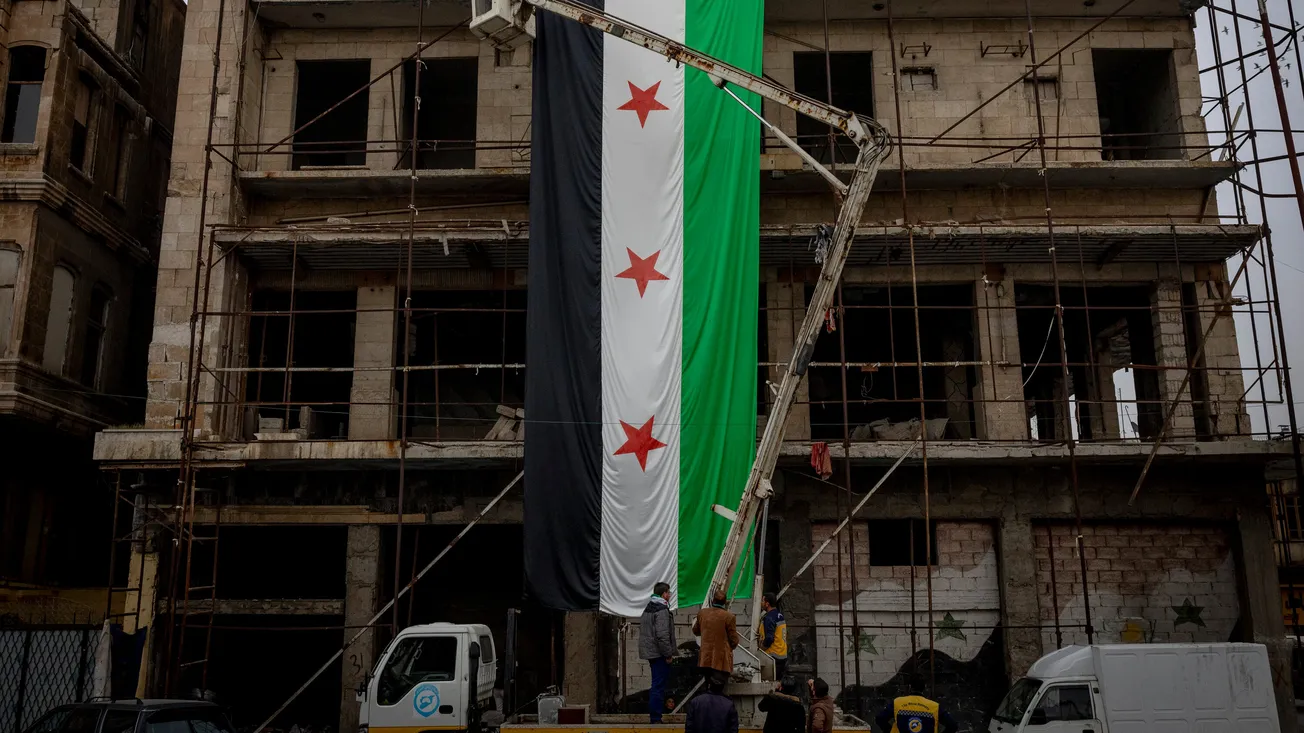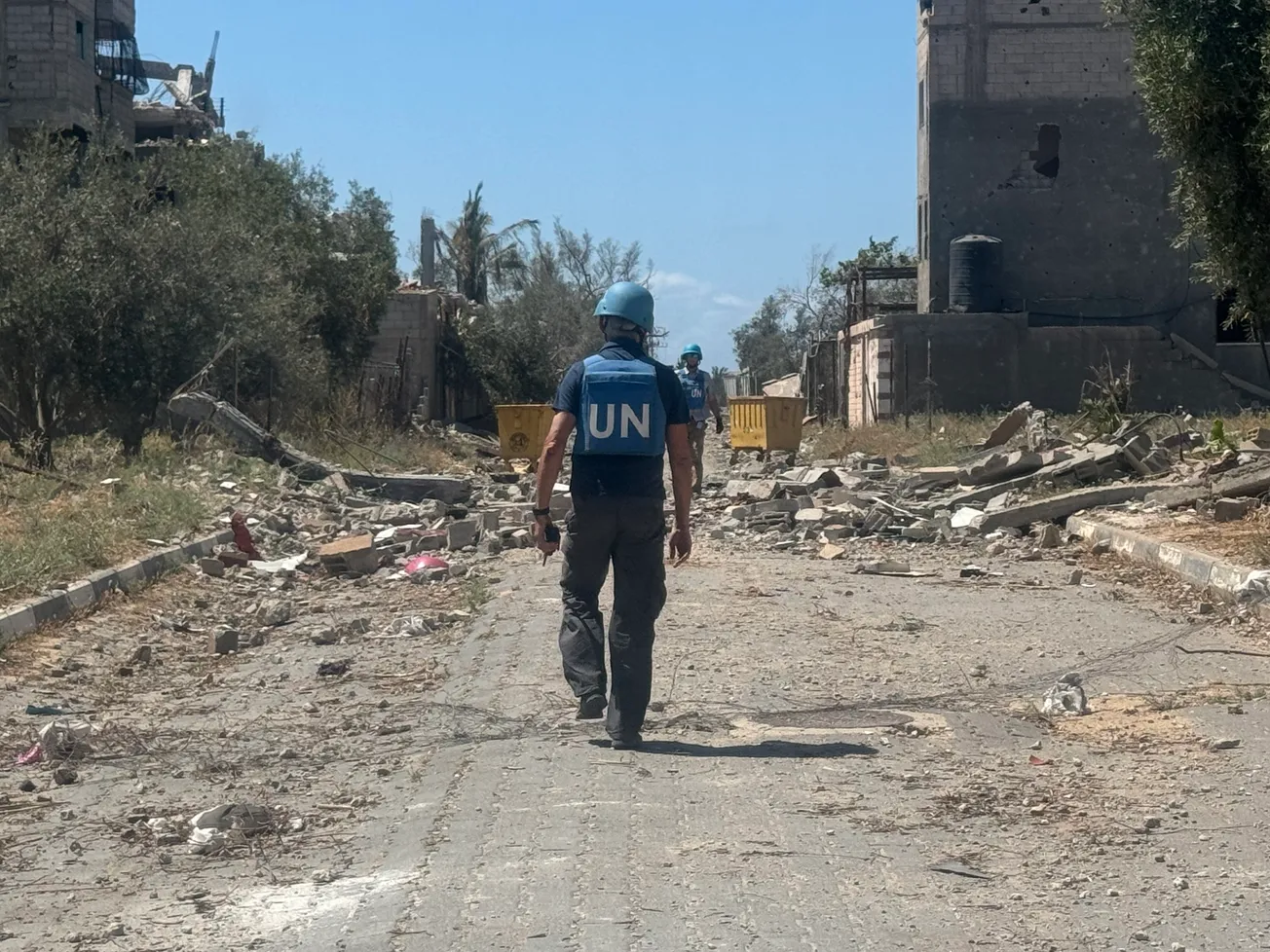A ballistic missile launched from Yemen by Houthi rebels struck the Tel Aviv-Jaffa area on Saturday, December 21, 2024, escalating the regional conflict that has intensified over recent months. The Israeli military confirmed the missile breached its air defense systems, marking a significant security lapse. The attack left 16 people injured and heightened concerns over the Houthis’ growing military reach.
Houthi Claim of Targeting a "Military Site"
The missile, which fell near a residential complex in Jaffa, caused injuries primarily from shattered glass as nearby windows were blown out. Israel’s emergency medical service, Magen David Adom, confirmed that the injured were treated for minor wounds, with several requiring hospitalisation. A Houthi spokesperson later claimed responsibility, stating that the missile targeted a "specific and sensitive military site" in the area.
⚡️#BREAKING Yemeni missile impacted in the centre of Tel Aviv pic.twitter.com/Wn4zfTyJsi
— War Monitor (@WarMonitors) December 21, 2024
This marks one of the most direct Houthi attacks on Israel’s heartland, reflecting the group’s solidarity with Palestinians amid the ongoing Gaza conflict. The Houthis, aligned with Iran, have pledged to continue such strikes until Israel halts its military actions in Gaza and lifts the siege.
Israeli Retaliation Strikes in Yemen
In response to the missile strike, Israeli forces launched airstrikes targeting Houthi-controlled regions in Yemen, including the capital, Sanaa, and the strategic port city of Hodeidah. These strikes reportedly killed at least nine people, including civilians, and destroyed infrastructure identified by Israel as military facilities.
The Saturday missile strike follows a similar incident earlier in the week when a Houthi missile aimed at Israel was intercepted. Debris from that interception caused significant damage in a residential area in Ramat Gan. Israel’s retaliatory airstrikes on Thursday targeted critical Houthi infrastructure, demonstrating its intent to curb the group’s missile capabilities.
Broader Regional Implications
The Houthi missile campaign reflects a troubling expansion of their operational reach. The rebels have used advanced ballistic missiles and drones to target Israeli cities and shipping vessels linked to Israel in the Red Sea and Gulf of Aden. These attacks have added another layer of complexity to an already volatile region.
The Houthis have framed their actions as a response to Israel’s military operations in Gaza, which have resulted in thousands of casualties, mostly among women and children. Their actions, part of a stated solidarity with Palestinians, have drawn international attention and condemnation.
Civilian and Strategic Impact
For residents of Tel Aviv and its surrounding areas, the latest attack underscores growing fears of an escalating conflict. Air raid sirens and explosions have become increasingly common, leaving civilians anxious about their safety. The failure to intercept Saturday’s missile has also raised concerns over the resilience of Israel’s defense systems, which are already strained by threats from multiple fronts.
#معركة_الفتح_الموعود_والجهاد_المقدس pic.twitter.com/LVraLDQK6L
— العميد يحيى سريع (@army21ye) December 21, 2024
In Yemen, Israeli airstrikes have further exacerbated a humanitarian crisis in a country already suffering from years of war. Destruction of infrastructure in cities like Hodeidah restricts access to essential goods and worsens living conditions for the Yemeni population.
Escalation Risks and International Concerns
The ongoing hostilities risk spiraling into a broader regional conflict. The United States and United Kingdom have previously conducted strikes on Houthi targets in response to attacks on shipping in the Red Sea, underscoring the global stakes involved. The strategic importance of Yemen’s waterways makes these developments particularly concerning for energy markets and international trade.
Iran’s support for the Houthis remains a contentious issue, with Israel accusing Tehran of supplying the group with advanced weaponry. While Iran has denied direct involvement, its role in enabling Houthi capabilities remains a focal point of Israel’s broader security strategy.
A Growing Challenge for Israel
Saturday’s missile strike represents a critical challenge for Israel’s military, as the failure to intercept the attack raises questions about its defensive readiness. Officials have vowed to investigate the breach and bolster air defenses, while also maintaining an aggressive posture to deter future threats.
As both sides remain locked in a cycle of retaliation, the conflict continues to reshape the geopolitical landscape of the Middle East. With no immediate resolution in sight, regional stability hangs in the balance, and the potential for further escalation looms large.





